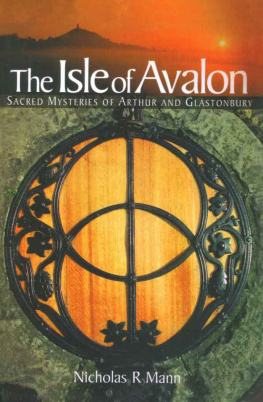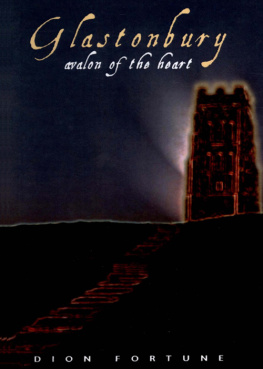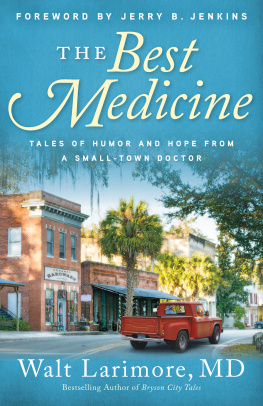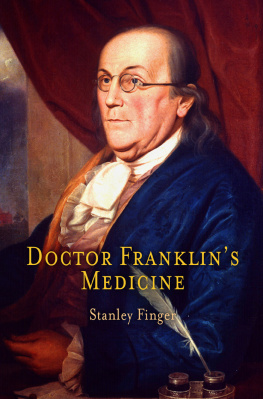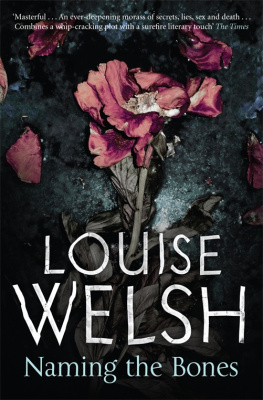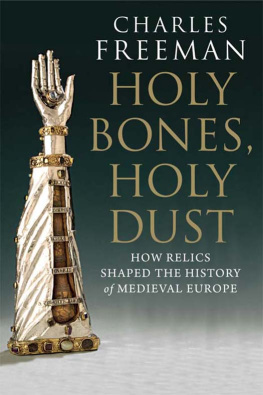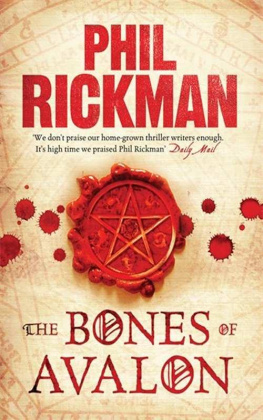
Ariana Franklin
Grave Goods aka Relics of the Dead
The third book in the Mistress of the Art of Death series, 2009
Aka Relics of the Dead

And God was angry with His people of Somerset so that, in the year of Our Lord 1154, on the day after the feast of Saint Stephen, He caused an earthquake that it might punish them for their sins
Thus wrote Brother Caradoc in Saint Michaels chapel on top of Glastonbury Tor, to which hed scrambled, gasping and sobbing, so as to escape the devastation that God with His earthquake had wrought on everything below it. For two days he and his fellow monks had been up there, not daring to descend because they could still hear aftershocks making their abbey tremble and look down, appalled, at more giant waves submerging the little island villages in the Avalon marshes beyond it.
Two days, and Caradoc was still wet and had a pain in his poor old chest. When the earthquake struck and his fellow monks had scampered from the shivering abbey, making for the Tor that was always their refuge in times of danger, hed run with them, hearing Saint Dunstan, strictest of saints though dead these one hundred sixty-six years, telling him to rescue the Book of Glastonbury first. Caradoc, Caradoc, do your duty though the sky falls.
But it was bits of masonry that had been falling, and Caradoc had not dared to run into the abbey library and fetch the great jewel-studded book-it would have been too heavy for him to carry up the hill anyway.
The slate book that was always attached to the rope girdle round his waist had been weighty enough, almost too much for an old man laboring up a five-hundred-foot steeply conical hill. His nephew Rhys had helped him, pushing, dragging, shouting at him to go faster, but it had been a terrible climb, terrible.
And now, in the cold, dry but unshaken shelter of the chapel that Joseph of Arimathea had built when hed brought the cruets containing Christs sacred blood and sweat from the Holy Land, Brother Caradoc did his duty as the abbeys annalist. In feeble taper light and apologetically using Saint Michaels altar as a table, he chalked this latest event in Glastonbury s history onto slate pages so that, later, he could transcribe them onto the vellum of the Great Book.
And the Lords voice was heard in the screams of people and the squealing of animals as the ground undulated and opened beneath them, in the fall of great trees, in the toppling of candles and the roar of resultant flames as houses burned.
The pain in his chest increased, and the shade of Saint Dunstan went on nagging him. The Book must be saved, Caradoc. The history of all our saints cannot be lost.
I havent got to the wave yet, my lord. At least let there be some record of it. He went on writing.
Loudest of all, our Lord spoke in the noise of an approaching wave that raised itself higher than a cathedral in the bay and ran up the tidal rivers of the Somerset Levels, sweeping away bridges as it came and drowning all in its path. Through His mercy, it only reached the lower reaches of our Abbey so that it still stands, but
The Book, Caradoc. Tell that idle nephew of yours to fetch it.
Brother Caradoc looked to his fellow monks, immobile and huddled for warmth on the choir floor, some of them snoring. He sleeps, lord.
When doesnt he? Saint Dunstan asked with some justice. Either sleeping or singing unsuitable songs, that boy. Hell never make a monk. Kick him awake.
Gently, Brother Caradoc prodded a pair of skinny young ankles with his foot. Rhys, Rhys. Wake up, bach.
He was a good boy in his way, Rhys the novitiate, a lovely tenor, but Saint Dunstan was right, the lad cared more for singing profane songs than psalms, and the other monks constantly berated him for it, keeping him busy to cure his idleness. Tired out now, he merely grunted and slept on.
Well, well, let him rest. Caradoc began writing again. He hadnt yet recorded the fissure in the graveyard. Yes, he must put that in. For as hed run from the quaking buildings, he had seen a deep hole opening up in the abbeys burial ground between the two pyramids that had stood in it as long as time had gone. As if, he wrote, the end of the world had come and the Almighty had sounded the Last Trump so that the dead might rise from their graves.
The Book, Saint Dunstan shouted. Caradoc, would you leave the record of our days to looters?
No, he couldnt do that. So Brother Caradoc put down his chalk and, though his shivers were becoming uncontrollable and the pain across his chest an iron bar, he made for the door of the chapel and began stumbling down the winding terrace of the Tor. He knew now that the last trump had sounded for him and that even if he couldnt save the Book, he must die trying, or at least take his last breath in the beloved abbey that had been his home.
A lot of precious breath it cost him as he wavered downward, falling over hummocks, his gasps sending sheep galloping, but gravity was on his side, and it propelled him down to the gate, which swung open at his touch under the chevroned Norman arch and into the grounds. He staggered onward as far as the vegetable garden, where he collapsed among Brother Peters lettuces, unable to go farther.
Now he could peer down the incline toward the towering church. There had been damage; the old bell tower had collapsed, and gapes showed where some corners were sheared away. The waters that circled the grounds had not reached so far; therefore, the Great Book and all the relics of the saints would still be untouched. Beyond them, though, the village outside the walls was still and smokeless, its pasture littered with dirty white lumps that were the corpses of sheep.
Caradoc experienced anguish for the drowned people and animals, for the ruined hayricks, cornfields-it would be a hard summer for the survivors, and an even harder winter.
Yet holy Glastonbury still stood. Beautiful, beautiful it was, crystalline under the bright new moon reflected in its skirt of floodwater, an island of glass. The Island of Glass.
Sucking in breath that couldnt fill his lungs, he turned his eyes to the graveyard awaiting him.
A flicker of movement caught his eye. Three cowled figures were pulling on ropes that dragged something up the slope from the abbeys great gate. Too far away for him to hear any sound they made, they seemed like ghosts. And perhaps, Caradoc thought, that is what they are-for what human could be abroad and busy in this devastation when even the owls and nightingales were silent?
He couldnt make out what it was they were hauling-it had the shape of a great log, or a canoe. Then, as the figures came to the fissure in the ground that the earthquake had opened, he saw what it was. A coffin.
They were lowering it into the fissure. Now they were kneeling, and from the throat of one of them came a great shriek. Arthur, Arthur. May God have mercy on your soul and mine.
There was a moan from the dying monk. Is King Arthur dead, then?
For Caradoc, though a Glastonbury monk these thirty years, had believed that King Arthur was merely resting, waiting, until he was called to rise and fight the devils hordes once more. And he rested here.
Avalon was Glastonbury, Glastonbury was Avalon, the Isle of Glass indeed, and Arthur slept somewhere among these hills, with their hidden caves and crystal springs. Arthur the brave, Arthur of the Welsh, whod resisted the seaborne invaders and kept the flame of Christianity flickering in Britain during its Dark Ages.
Next page

